Bread shortage ever present in Sudan
A number of Sudanese towns are experiencing renewed severe shortages of bread, owing to the lack of flour in the country. People in South Kordofan complain about soaring prices of basic commodities.
 Queues for bread in Khartoum (Social media)
Queues for bread in Khartoum (Social media)
A number of Sudanese towns are experiencing renewed severe shortages of bread, owing to the lack of flour in the country. People in South Kordofan complain about soaring prices of basic commodities.
The city is witnessing “a suffocating bread crisis,” journalist Osman Hashim told Radio Dabanga from the Red Sea state capital of Port Sudan. “People queue in front of bakeries from 02:00,” he said.
Bakery owners are complaining about the reduction in the bakery’s share of flour owing to reduction of Red Sea state’s quota from 4,400 to 3,000 bags.
Hashim said that the bread crisis constitutes an additional burden to the people in Port Sudan. “The secondary school exams are already causing tension, let alone the presence of the many paramilitary forces roaming the city since mid-August, to quell tribal clashes in a number of districts.
People in neighbouring Kassala complain about the absence of any subsidised bread. They now pay SDG7 for one loaf from commercial bakeries.
In Delling in South Kordofan, bakers have set a limit of 25 subsidised loaves per customer per day. They attributed the scarcity of bread to the low share of flour granted to them.
Listeners in Kadugli told Radio Dabanga that the skyrocketing prices of basic commodities have exacerbated the people’s suffering, “as our low incomes remain the same”.
Poverty
As reported by Radio Dabanga yesterday, Sudan’s newly established Social Security Commission says that 77 per cent of Sudanese now live in poverty. With the launch of a pilot of the Family Support Programme, the Ministry of Finance aims to reach half a million people. El Thiqa Islamic Bank has signed an agency contract with Western Union.
Dr Ezzeldin El Safi, Director of the Social Security Commission, said that the number of people living in poverty rose from 50 per cent in 1994 to 77 per cent in 2016, according to a report of the World Bank.
Their per capita income no longer exceeds $1.25 a day, he said. Red Sea state is the poorest state.
* USD 1 = SDG 55.1375 at the time of posting. As effective foreign exchange rates can vary in Sudan, Radio Dabanga bases all SDG currency conversions on the daily middle US Dollar rate quoted by the Central Bank of Sudan (CBoS). The greenback traded SDG260 at the parallel market in Khartoum on September 10.
Radio Dabanga’s editorial independence means that we can continue to provide factual updates about political developments to Sudanese and international actors, educate people about how to avoid outbreaks of infectious diseases, and provide a window to the world for those in all corners of Sudan. Support Radio Dabanga for as little as €2.50, the equivalent of a cup of coffee.









 and then
and then